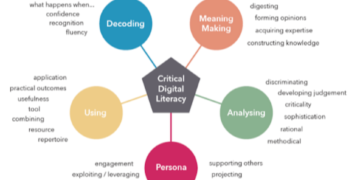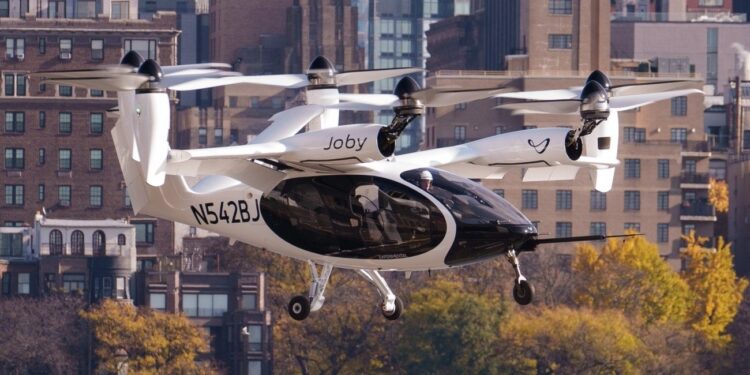Joby Stock: A Deep Dive into the Future of Electric Aviation
Introduction
Joby Aviation (NYSE: JOBY) has emerged as one of the most talked-about companies in the race to revolutionize transportation through electric vertical takeoff and landing Joby Stock (eVTOL) aircraft. As the world looks for cleaner, faster, and more efficient ways to travel, Joby is positioning itself as a key player in the new era of urban air mobility.
The Rise of Electric Air Mobility
The electric aviation sector is not just science fiction anymore—it’s becoming reality. eVTOL aircraft, which can take off and land vertically like helicopters but operate quietly and efficiently, promise to transform city transportation. Industry analysts project the global eVTOL market could exceed $30 billion by 2030, highlighting massive growth potential for companies like Joby.
About Joby Aviation (NYSE: JOBY)
Founded in 2009 by JoeBen Bevirt, Joby Stock Aviation’s mission is simple yet ambitious: to make air travel faster, safer, and sustainable. Over the years, the company has gained recognition for pushing the boundaries of electric aviation technology.
Joby’s eVTOL Aircraft
Joby’s prototype aircraft can carry four passengers and a pilot, achieving speeds of up to 200 mph with a range of 150 miles per charge. Its all-electric propulsion system ensures a quieter, emission-free flight experience, which could drastically reduce urban congestion and travel times.
Partnerships and Collaborations
Strategic partnerships have accelerated Joby’s progress. Collaborations with NASA on flight testing and Toyota on manufacturing have strengthened its technological and production capabilities. The company has also received strong support from the U.S. Department of Defense, validating its innovative design and performance.
Financial Overview of Joby Stock
Joby’s stock has shown volatility, reflecting investor excitement mixed with caution. As of late 2025, Joby’s market capitalization hovers around several billion dollars, driven by long-term optimism in eVTOL commercialization. While the company still reports losses as it invests heavily in R&D, analysts see it as a potential breakout stock once commercial operations begin.
Joby’s Path to Commercialization
Joby is currently in the final stages of FAA certification, a critical milestone before launching its air taxi services in major U.S. cities. The company plans to begin commercial operations by 2026, positioning itself as one of the first to market in electric air mobility.
Competitive Landscape
Joby faces competition from other eVTOL developers like Archer Aviation (ACHR), Lilium (LILM), and Vertical Aerospace (EVTL). However, Joby’s strong partnerships, advanced technology, and early testing advantages give it a leading edge in the race toward commercialization.
Future Growth Opportunities
Joby’s future looks promising as urban populations grow and demand for efficient transportation surges. The company plans to expand globally, targeting regions like Europe and Asia, where city congestion and sustainability concerns are major issues.
Risks and Challenges
Despite its potential, Joby faces challenges. Regulatory approval delays, battery limitations, and public acceptance of air taxis remain significant hurdles. Additionally, the company must scale production efficiently to remain competitive.
Analyst Opinions and Market Outlook
Analysts remain cautiously optimistic about Joby stock. Some view it as a long-term investment opportunity, similar to early-stage electric vehicle companies a decade ago. The consensus: Joby has the vision, technology, and partnerships to reshape the future of flight—if it can execute effectively.
Sustainability and Environmental Impact
Joby’s aircraft are designed to operate entirely on electricity, reducing carbon emissions by up to 90% compared to traditional aircraft. This aligns perfectly with global sustainability goals and increasing corporate focus on ESG (Environmental, Social, and Governance) principles.
Investor Perspective
Investors are drawn to Joby not just for its futuristic appeal but also for its real potential to redefine short-distance travel. While near-term profits might be limited, the long-term growth opportunity in the eVTOL market is substantial.
Conclusion
Joby Aviation represents the exciting intersection of technology, sustainability, and innovation. While challenges remain, the company’s progress toward commercial flight and its strong partnerships suggest a bright future ahead. For investors willing to take a long-term view, Joby stock could be a gateway to the next major revolution in transportation.











































